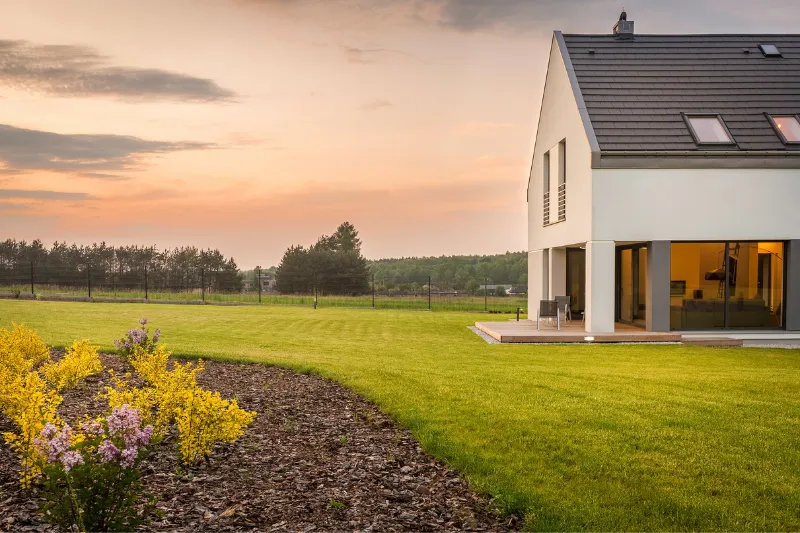As we look ahead to 2024, outdoor living continues to evolve, combining elegance with functionality.…
The Upsides of Downsizing: Is Less Really More?
In an era where simplicity and minimalism are gaining momentum, downsizing has emerged as a compelling lifestyle choice for many. This trend goes beyond mere spatial considerations, reflecting a broader shift towards efficiency, financial freedom, and a more focused approach to living. Let’s explore why more individuals and families are finding that when it comes to home life, less can indeed be more.
Financial Savings
Downsizing yields financial gains: lower mortgage, reduced taxes, and lower utilities, freeing up funds for savings or experiences. It enhances economic stability and allows for long-term financial planning and security. Downsizing reduces stress by minimizing fixed costs and resource, improve quality of life. It’s a strategy that builds resilience in unpredictable economic climates and supports sustainability. By cutting expenses, downsizing aligns with sustainable living practices, to a greener future.
Overall, it enhances financial well-being and enables pursuit of personal and financial goals. The financial advantages of downsizing extend beyond immediate cost savings to encompass long-term financial planning and security. By downsizing, individuals can enhance their financial well-being and achieve greater peace of mind.
Ultimately, the financial benefits of downsizing go beyond mere monetary savings to encompass enhanced financial freedom and flexibility. This newfound financial freedom can empower individuals to pursue their passions, invest in personal growth, or support charitable causes. In conclusion, downsizing represents a strategic financial decision that can yield substantial benefits over the long term.
Reduced Clutter and Maintenance
Choosing smaller homes encourages a clutter-free lifestyle, focusing on essentials and making cleaning easier. This promotes tranquility and frees up time for hobbies and relaxation. With reduced maintenance, people feel more satisfied and mentally clear, leading to better organization. Minimalist living creates personalized, functional spaces that cut ongoing costs and encourage mindful consumption. Decluttering supports sustainability and intentional living, boosting emotional and psychological health. Downsizing emphasizes a simpler, higher quality of life, allowing individuals to shape their surroundings and values. Simplifying living spaces promotes peace, order, and harmony, enhancing overall well-being and satisfaction. Ultimately, reducing clutter and maintenance benefits not only physically but also emotionally and mentally, bringing a sense of peace, order, and harmony to daily life.
Environmental Impact
Downsizing reduces energy use for heating, cooling, and light, lower carbon footprints and supporting environmental conservation efforts. By using fewer resources, downsizers contribute to sustainability goals and minimize environmental impact. It’s an eco-friendly choice that aligns living habits with broader conservation efforts, promoting a greener lifestyle. Downsizing embodies responsible consumption and environmental stewardship, advocating for sustainable practices and resource efficiency. Overall, it reduces ecological footprints, fosters environmental consciousness, and contributes to a healthier planet.
Enhanced Lifestyle and Mobility
Downsizing enhances lifestyle by reducing time spent on upkeep and increasing opportunities for travel and leisure. It provides financial flexibility for personal growth, education, or new ventures. Smaller homes accommodate mobility needs and lifestyle preferences, adapting to changing life stages. For older adults, downsizing supports independence and facilitates aging in place comfortably. It promotes a more active and fulfilling lifestyle by minimizing maintenance and increasing leisure time. Overall, downsizing supports diverse lifestyles and promotes well-being through adaptable living arrangements.





